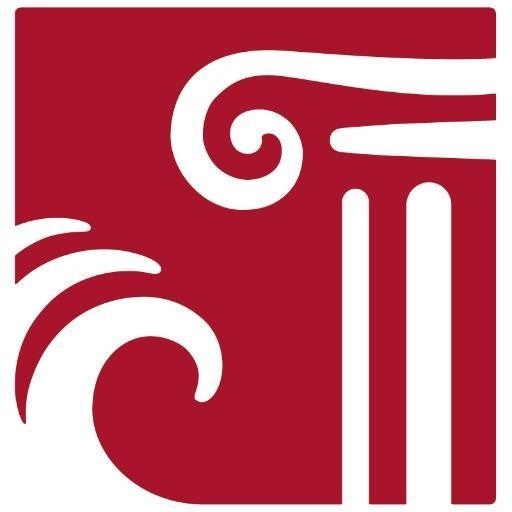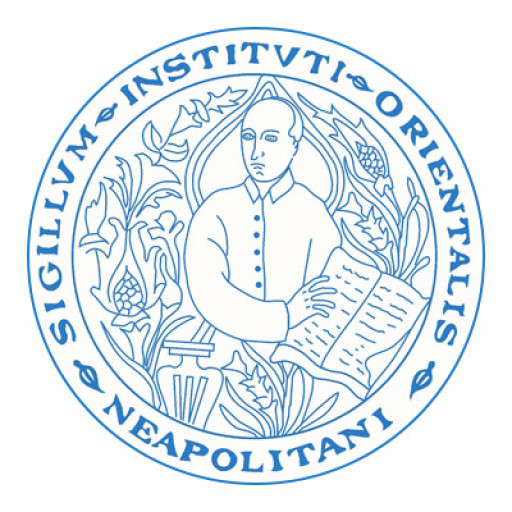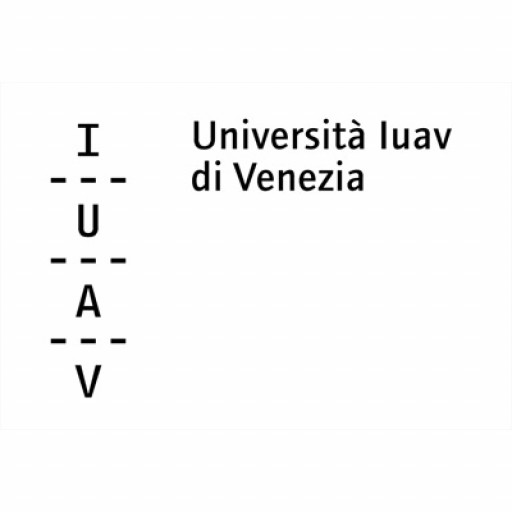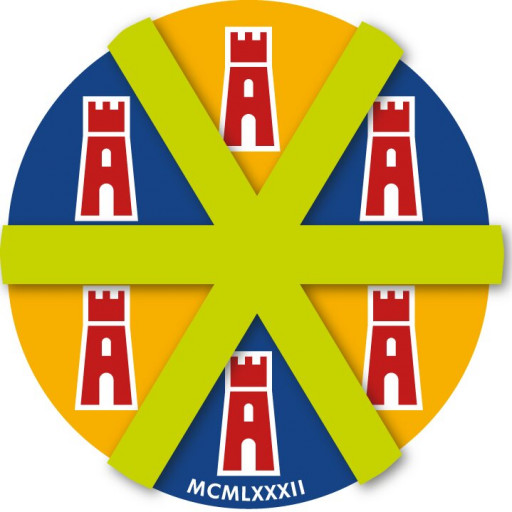Photos of university / #ucl
The new African Studies degrees at UCL draw on world-leading research and expertise from across the university relating to the study of Africa. The African Studies with Heritage MA draws on UCL's expertise in archaeology, anthropology and heritage studies to provide an essential background to African pasts and provides a critical framework for assessing the management and protection of heritage resources in Africa.
The degree pathways share a common core, comprising modules on the continent’s political and economic past and present, together with training in research methods. In addition, the Heritage pathway offers a range of optional modules drawn from the Departments of Anthropology, Archaeology and Geography, and includes research into museums and sites, intangible heritage, local community histories, archaeology, and the presentation and preservation of cultural materials.
Students undertake modules to the value of 180 credits.
The programme consists of three core modules (45 credits), three optional modules (45 credits) and a dissertation/report (90 credits).
Core modules
- Africa: Dialogues of Past and Present
- Debating Africa's Future
- Research Methods in African Studies
Optional modules
- Students choose three from a range of options including the following:
- Anthropology of Cultural Heritage and Museum Anthropology
- Antiquities and the Law
- Archaeology and Education
- Beyond Chiefdoms: Archaeologies of African Political Complexity
- Critical Perspectives of Cultural Heritage
- Cultural Heritage, Globalisation and Development
- Historical Geographies of the African Diaspora in Britain
- Managing Archaeological Sites
- Managing Museums
- Museum and Site Interpretation
Dissertation/report
All students undertake an independent research project which culminates in a dissertation of 15,000 words.
Teaching and learning
The programme is delivered through a combination of lectures and seminars and guided independent research. Assessment is through essays, portfolio, research proposal and examination.
A minimum of an upper second-class Bachelor's degree in a relevant discipline from a UK university or an overseas qualification of an equivalent standard.
Want to improve your English level for admission?
Prepare for the program requirements with English Online by the British Council.
- ✔️ Flexible study schedule
- ✔️ Experienced teachers
- ✔️ Certificate upon completion
📘 Recommended for students with an IELTS level of 6.0 or below.
The University College London (UCL) offers various financing options for students enrolled in the African Studies with Heritage program, designed to make higher education accessible and affordable. Funding opportunities include scholarships, bursaries, and financial aid schemes, which are available to both domestic and international students. UCL provides a range of university-specific scholarships such as the UCL Global Scholarships, which are merit-based awards aimed at supporting outstanding students from around the world, including those studying African Studies. Additionally, the UCL African Studies department offers targeted funding opportunities and bursaries to promote increased access for students pursuing this specialized field. Students are encouraged to explore external funding sources as well, including government scholarships, international organizations, and charitable foundations that prioritize African-focused studies. For international students, UCL also recommends application for external grants and scholarships provided by their home countries or international bodies supporting African research and education initiatives. The university has a comprehensive Financial Support Office that provides guidance on available funding, application procedures, and managing study-related expenses. Tuition fees vary depending on the student’s nationality and residency status, with higher fees typically applicable to international students. Students are advised to plan their finances early, applying for funding well in advance of the academic year start date. UCL also offers part-time work opportunities on campus, allowing students to earn income during their studies while gaining valuable work experience. Financial planning is an integral part of the student experience at UCL, and the university is committed to providing information and resources to assist students in securing adequate funding to complete their degree programmes in African Studies with Heritage.
The University College London offers a comprehensive program in African Studies with Heritage, designed to provide students with an in-depth understanding of Africa's diverse cultures, histories, languages, and social structures. This interdisciplinary course combines the study of African history, politics, literature, and anthropology, with a special focus on the preservation and interpretation of African heritage. The program aims to equip students with critical analytical skills and cultural awareness, preparing them for careers in academia, cultural preservation, policy-making, or international development related to Africa. Students have the opportunity to engage with extensive scholarly resources, participate in fieldwork, and collaborate with experts across various disciplines. The curriculum includes modules on African history from ancient civilizations to contemporary issues, African languages, art and archaeology, and heritage management. Additionally, students can choose to specialize in particular regions or themes, such as East Africa, West Africa, or the role of traditional and modern heritage in contemporary African societies. The program encourages a multidisciplinary approach, integrating perspectives from history, anthropology, politics, and cultural studies. Practical skills are developed through research projects, museum visits, and internships. Graduates of the program are well-prepared to contribute to cultural preservation projects, policy development, or further academic research. The program also emphasizes understanding Africa's global connections, economic development, and the role of heritage in community identity and social cohesion. Overall, the program aims to foster a nuanced, critical understanding of African societies and their heritage, addressing current challenges while celebrating cultural diversity.











